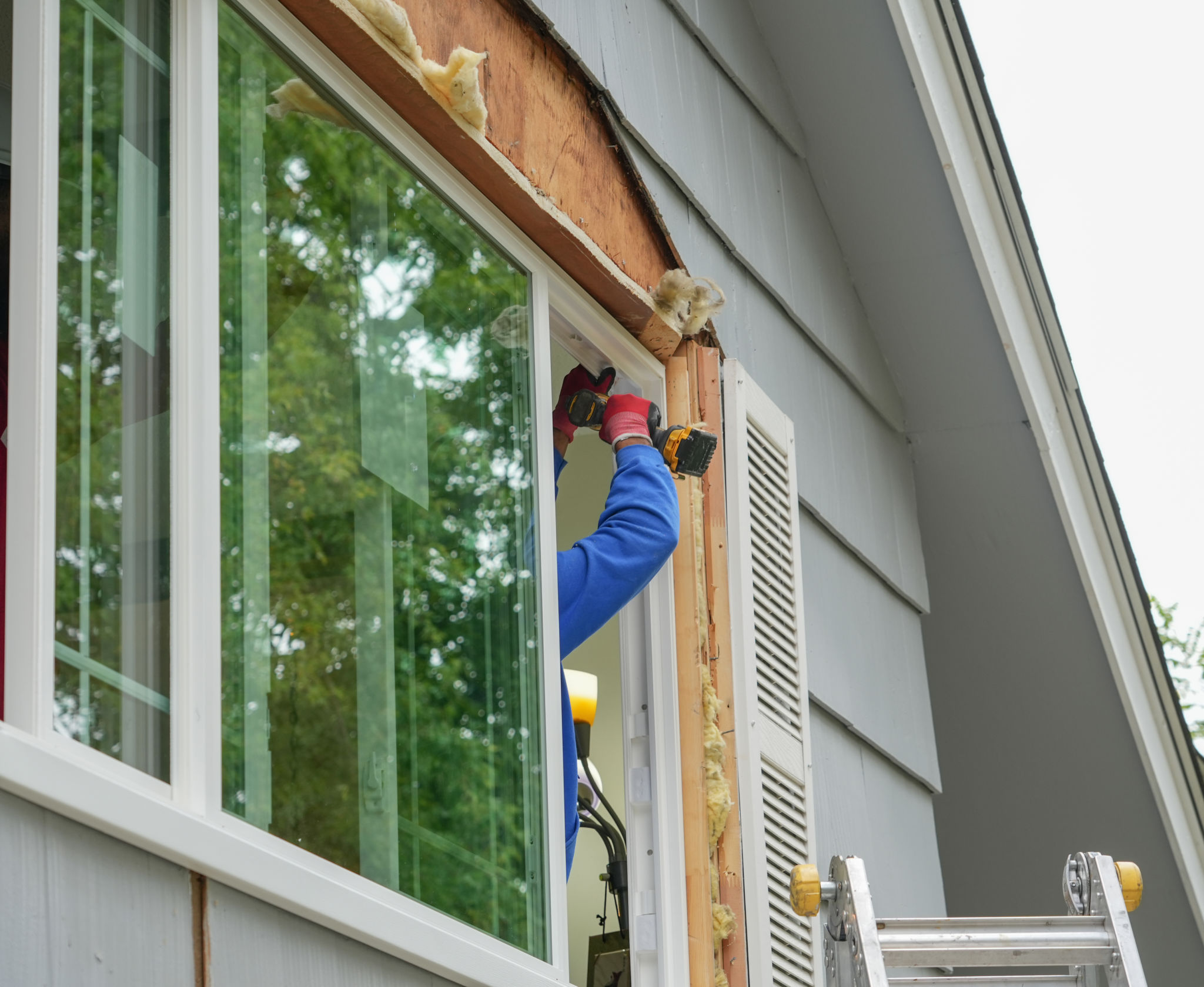Maximizing Energy Efficiency: Sustainable Home Improvements for Billings Residents
Introduction to Sustainable Improvements
As residents of Billings become more conscious of their environmental impact, the appeal of sustainable home improvements continues to grow. Not only do these enhancements contribute to a healthier planet, but they also offer significant savings on energy bills. With the right strategies, homeowners can maximize energy efficiency and create a more sustainable living environment.

Insulation: The Foundation of Energy Efficiency
One of the most effective ways to improve energy efficiency is by enhancing your home's insulation. Proper insulation helps maintain a consistent indoor temperature, reducing the need for excessive heating or cooling. Focus on insulating key areas such as the attic, walls, and floors to prevent heat loss during the winter and keep your home cool in the summer.
Consider using eco-friendly materials like cellulose or recycled denim for insulation. These materials not only provide excellent thermal resistance but are also more sustainable than traditional fiberglass options.
Upgrade to Energy-Efficient Windows
Windows play a crucial role in your home's energy efficiency. Replacing old, single-pane windows with energy-efficient double or triple-pane alternatives can significantly reduce heat transfer. Look for windows with low-emissivity (Low-E) coatings, which help reflect heat while allowing natural light to enter.

For those on a tighter budget, consider adding storm windows or applying window film to existing windows as a cost-effective alternative.
Harness Solar Power
Solar panels are an increasingly popular choice for Billings residents looking to harness renewable energy. Installing solar panels can drastically reduce your reliance on traditional energy sources and lower your utility bills. Additionally, many states offer incentives and tax credits to offset the initial installation costs.
Even if a full solar panel system isn't feasible, consider smaller solar-powered devices like outdoor lighting or water heaters to start incorporating solar energy into your home.
Smart Home Technology
Integrating smart home technology can optimize your household's energy consumption. Smart thermostats, for instance, learn your schedule and adjust temperatures accordingly, ensuring that energy isn't wasted while you're away. Similarly, smart lighting systems can be programmed to turn off automatically when not in use.

These technologies provide convenience and control over your home's energy use, which can lead to substantial savings over time.
Water Efficiency Improvements
Reducing water usage is another aspect of creating a sustainable home. Install low-flow faucets and showerheads to conserve water without sacrificing performance. Additionally, consider updating appliances like dishwashers and washing machines to more water-efficient models.
Implementing rainwater harvesting systems can further reduce your dependence on municipal water supplies for outdoor irrigation needs.
Landscaping for Energy Efficiency
Your home's exterior can also contribute to energy efficiency. Strategic landscaping with trees and shrubs can provide natural shade and windbreaks, reducing the need for air conditioning in summer and heating in winter. Choose native plants that require less water and maintenance for a truly sustainable yard.

These natural solutions not only enhance your home's efficiency but also its aesthetic appeal.
Conclusion: Taking Action for a Sustainable Future
Maximizing energy efficiency through sustainable home improvements is an impactful way for Billings residents to contribute to environmental conservation while enjoying cost savings. By implementing these strategies, homeowners can create comfortable living spaces that are both eco-friendly and economical.
Embracing these changes not only benefits individual households but also sets a positive example for the community at large, paving the way for a more sustainable future.